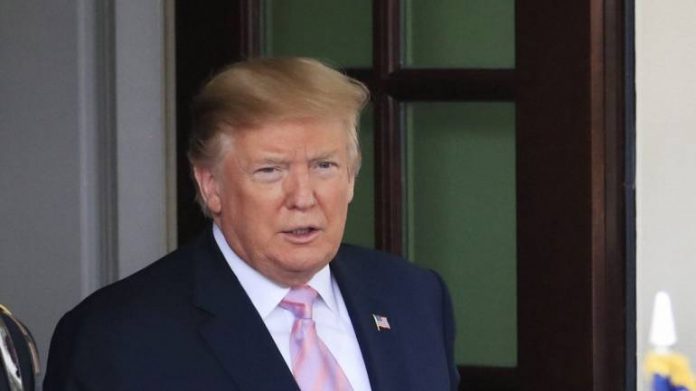NEW DELHI: Donald Trump on Wednesday became the third US president to be impeached as the House of Representatives formally charged him with abuse of power and obstruction of Congress.
The impeachment was along expected lines, given that in a Democrat-controlled House, all it needed was a simple majority of a minimum 216 votes to impeach — when the Democrats have 233 members. The abuse of power article was passed on a 230-197 vote and the obstruction article was passed 229-198.
Can Trump be removed from office. Here’s what happens now?
Does Trump resign?
Not yet. It’s to be noted that the Senate is not obligated to hold an impeachment trial just because the HoR has impeached Trump. Even if the Senate agrees to hold a trial, it requires at least two-thirds of the members to vote for impeaching him. That’s going to be tough, at the very least, given that unlike the HoR, the Senate is dominated by Republicans. For a successful impeachment, at least 20 of the 53 Republicans need to vote against Trump — along with the 45 Democrats and 2 Independents. To make the arithmetic more difficult, some Democrats, such as Joe Manchin III of West Virginia are known to have voted against party lines earlier.
Senate trial:
Once the Senate decides to hold a trial, to determine if Trump is to be impeached or not, it must frame the rules of the trial — while the US Constitution provides for Senate trial to impeach a President, it doesn’t state the procedure, such as whether to call witnesses, who may be called as a witness and what kind of evidence may be admissible. These are to be decided through a mutual agreement between the Senate majority leader, Republican Mitch McConnell and Senate minority leader Democrat Charles E Schumer. Following that, a date for a trial will be set — which is expected to be in January.
The process:
The trial, which is to be overseen by the US Chief Justice John G Roberts Jr as the presiding officer, will first see the senators taking an oath of impartiality. Since the Senate can only ask questions in writing, Roberts will read them out aloud. In case of a disagreement on a point of order in the trial between Roberts and the Senate, the latter can overrule the chief justice. The role of the prosecution is played by House Democrats, who are called impeachment managers while Trump is entitled to hire his own legal defence team though it’s likely that White House lawyers may defend him. The Senate trial is to work six days a week, for a part of, if not the entire day — with no legislative business allowed during the hours the trial is on.
Open & shut:
The trial — and the vote — has to be done in the open, though the Senate members may deliberate behind closed doors. For an impeachment, Trump needs to be held guilty on at least one of the two charges that he’s accused of — abuse of power and obstructing Congress. A successful vote on even one would force him to resign.


